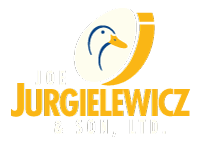Our 91 Year Tradition
Today, Joe Jurgielewicz & Son, Ltd. (JJS) is one of the leading Pekin duck suppliers in North America. The company employs over 200 Pennsylvanians, and partners with 27 local farm families throughout Pennsylvania to raise JJS Pekin ducks. These same ducks are descendants of the original Long Island ducks that Dr. Joe’s grandparents raised on their farm in Long Island. Throughout the years, the staff geneticists at JJS have hand-selected the perfect breed of ducks for their clients. The JJS breed is favored by leading chefs for its perfectly balanced meat-to-fat ratio, giving clients the signature, succulent flavor of the famous JJS Tasty Duck. The Jurgielewicz family is proud to continue its 91 year tradition of providing the highest-quality Pekin duck products and world-class service to clients globally for generations to come.
Sustainability
The impact of the environmental committee at the Jurgielewicz farm is evident as soon as you turn into the farm and see the crystal-clear waters of Mill Creek, which beautifies the farm’s entrance. The creek is so clean that each spring, the Pennsylvania Fish & Boat Commission stocks its waters with Rainbow and Palomino (golden) Trout for local fishing enthusiasts to enjoy. The thick woodlands surrounding the farm are teeming with a healthy population of native wildlife, including wild turkeys, white-tailed deer, red foxes and mink. If you happen to look to the sky, you may spot bald eagles soaring overhead.
The eco-friendly Jurgielewicz farm environment results from the commitment of Dr. Joe, Joe Sr. and the Jurgielewicz family to sustainable farming on the property since its purchase in 1983. Sustainable farming practices include a modern wastewater treatment plant on the farm which conserves and recycles water, prevents runoff and preserves the integrity of the soil. Solid manure from the duck barns and wastewater is separated out and applied to neighboring farmland as a natural, organic fertilizer for growing hay, corn and soybeans. After multiple treatment steps, the clean water is employed to irrigate the vast corn and hay fields around the farm.
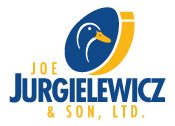

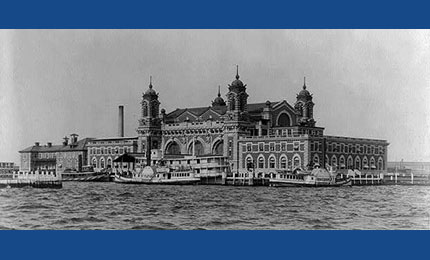 1933
1933 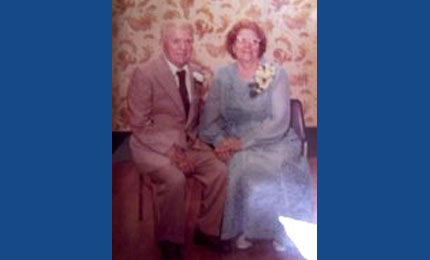 1950s
1950s  1960s
1960s 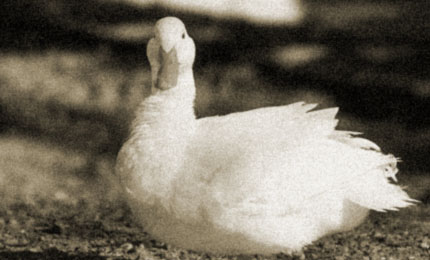 1970s
1970s 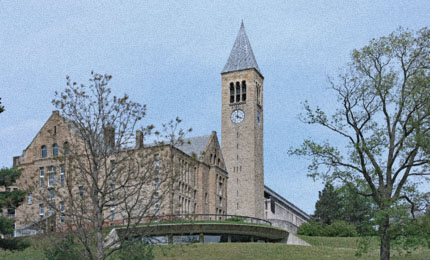 1980
1980 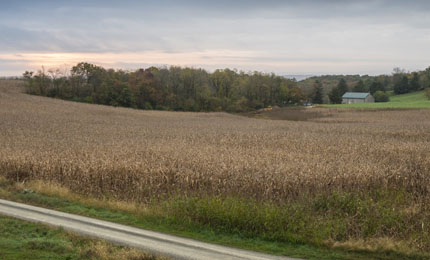 1983
1983 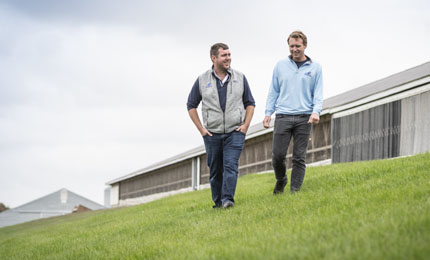 Into the Future
Into the Future 
